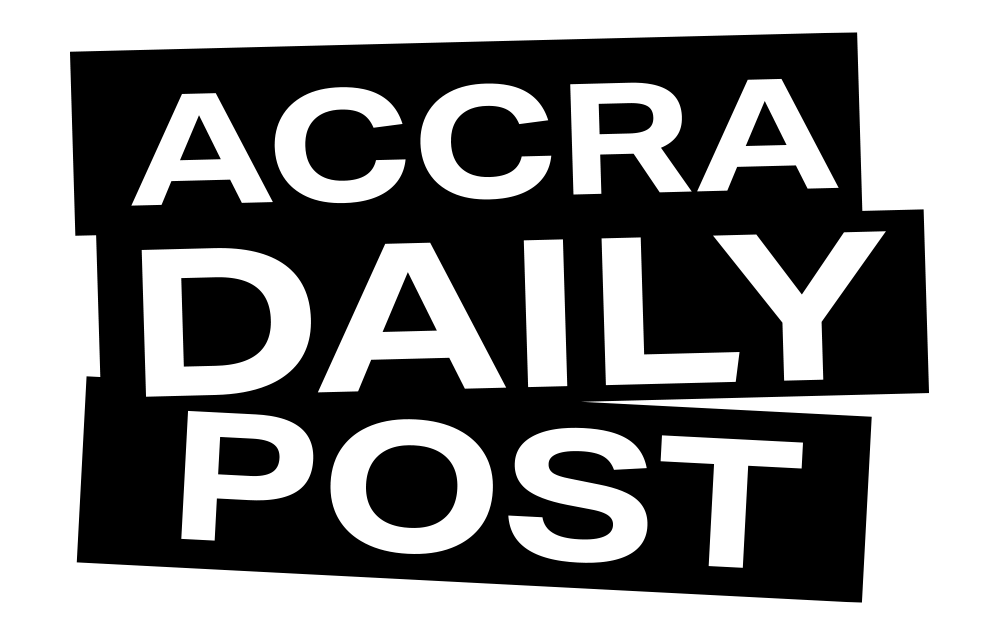This collaborative effort seeks to enhance the development of SMEs in the sector by providing them with the necessary tools, training, and digital presence to improve their operations. As part of this initiative, a website has been launched to increase the digital footprint of the sector and provide easy access to market opportunities, training resources, and technical expertise for industry players.
Ms. Nura Salifu, President of AGAM, expressed her confidence that the partnership with the ILO would bring transformative change to the textile and garment industry in Ghana, emphasizing the importance of responsible business practices. The goal is to create a more sustainable, equitable, and prosperous future for all stakeholders while promoting ethical business practices and sustainability.
David Marcos, Project Manager of Productivity Ecosystems for Decent Work at ILO, highlighted the significant potential of Ghana’s textile and garment sector to create jobs. He acknowledged that while Ghana is well-positioned to serve American and European markets, it faces challenges related to the distance from the source of raw materials, primarily Asia. To address these challenges, ILO aims to support the development of policies that attract investment and provide assistance with sourcing agents, coordination, and raw material procurement. SMEs in the sector share common needs, including technology transfer, modern equipment, finance, advocacy, and improved working conditions, which will be addressed through the strategic plan developed with ILO’s support.
This partnership between AGAM and the ILO underscores the importance of promoting sustainable practices and development in Ghana’s textile and garment industry, contributing to economic growth and the well-being of industry workers. It also highlights the role of digital technology in facilitating access to resources and market opportunities for SMEs in the sector.
Source: GNA


